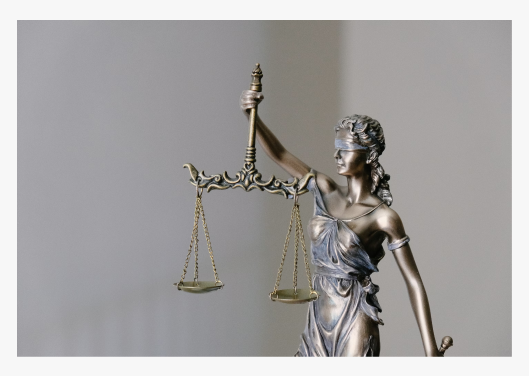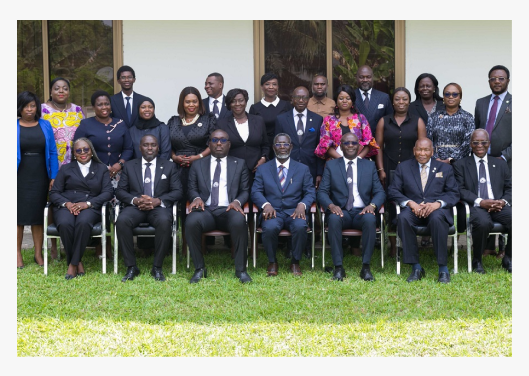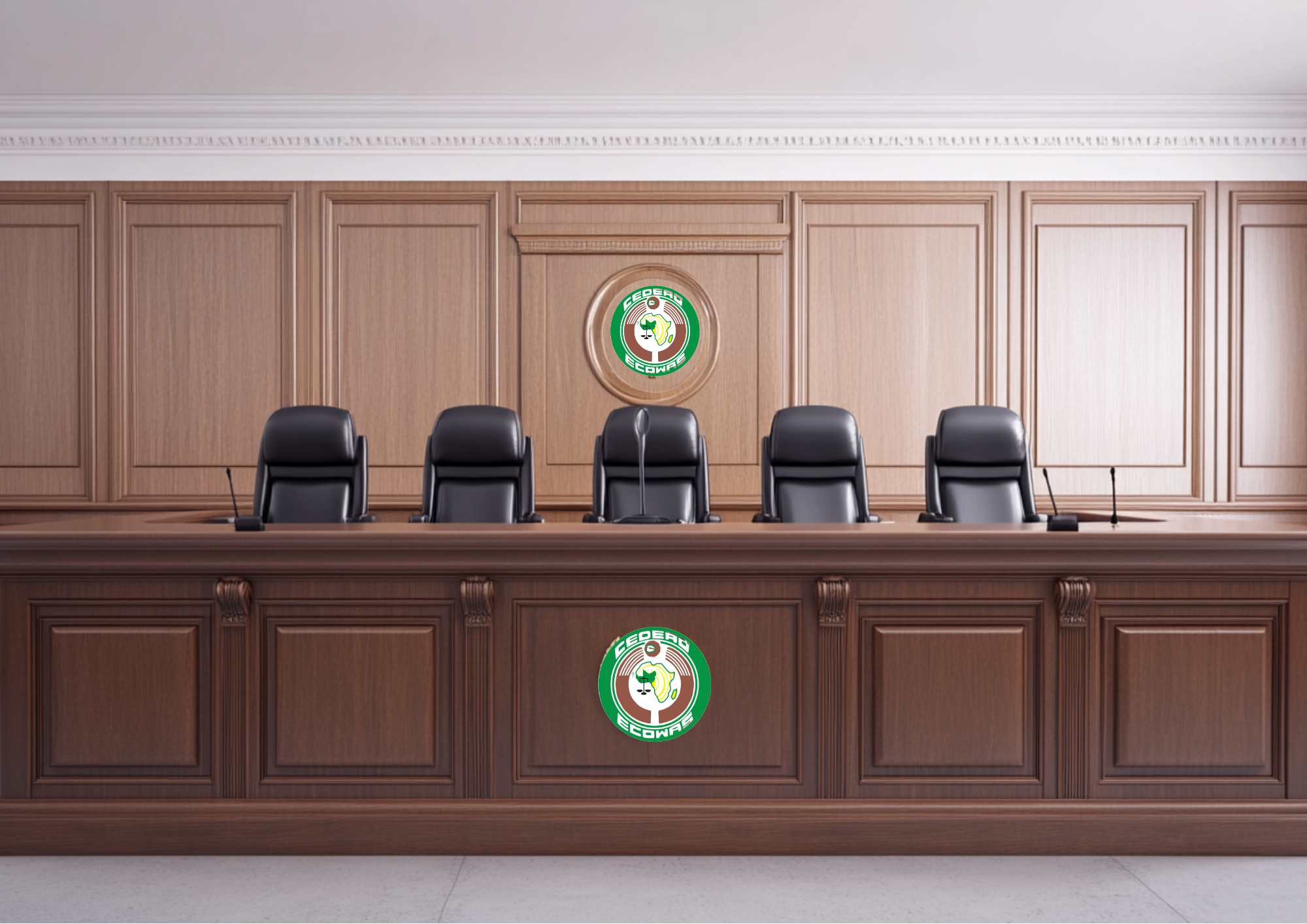Practical Information

Creation
- The Community Court of Justice was created pursuant to the provisions of Articles and 15 of the Revised Treaty of the Economic Community of West African States (ECOWAS).
- Protocol A/P1/7/91, as amended by the 19 January 2005 Protocol (i.e. A/SP1/01/05), sets out the organizational framework, functioning mechanism and the procedure followed before the Court.


Applicable Law
- The Court applies the Treaty, the Conventions, Protocols, and Regulations adopted by the Community and general Principles of Law
- In the area of Human Rights Protection, the Court equally applies the international instruments on Human Rights ratified by the State or States party to the case.
Legal Force of Decisions of the Court
- Decisions of the Court are not subject to appeal. However the court can entertain applications for a revision based on new facts. Decisions are also binding on Member States, institutions of the Community, Individuals and Corporate bodies.


Method of implementation of judgment of the Court
- Execution of any decision of the Court shall be in the form of a writ of execution, which shall be submitted by the Registrar of the Court to the relevant Member State for execution according to the rules of civil procedure of that Member State.
- Upon the verification of the appointed authority of the recipient Member State that the writ is from the Court, the writ shall be enforced.
- All Member States shall determine the competent national authority for the purpose of receipt and processing of the execution and notify the Court accordingly.
- The right of execution issued by the Community Court may be suspended only by a decision of the Court.
Access to the court
-
Access to the Court is open to the following:
All Member States and the Commission for actions brought for failure by Member States to fulfill their obligations; Member States, the Council of Ministers and the Commission, for the determination of the legality of an action in relation to any Community text. -
ECOWAS Institutions
• Individuals and corporate bodies, for any act of the Community which violates the rights of such individuals or corporate bodies;
• Staff of any of the ECOWAS Institutions
-
National courts or Parties to a case, when such national courts or parties request that the ECOWAS Court interprets, on preliminary grounds, the meaning of any legal instrument of the Community and The Authority of Heads of State and Government are qualified to bring cases before the Court on issues other than those cited above.


